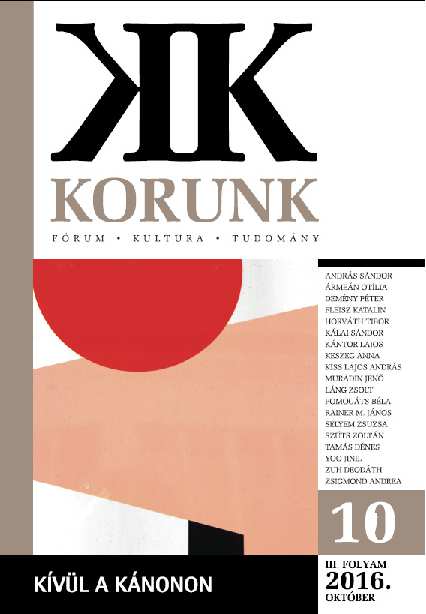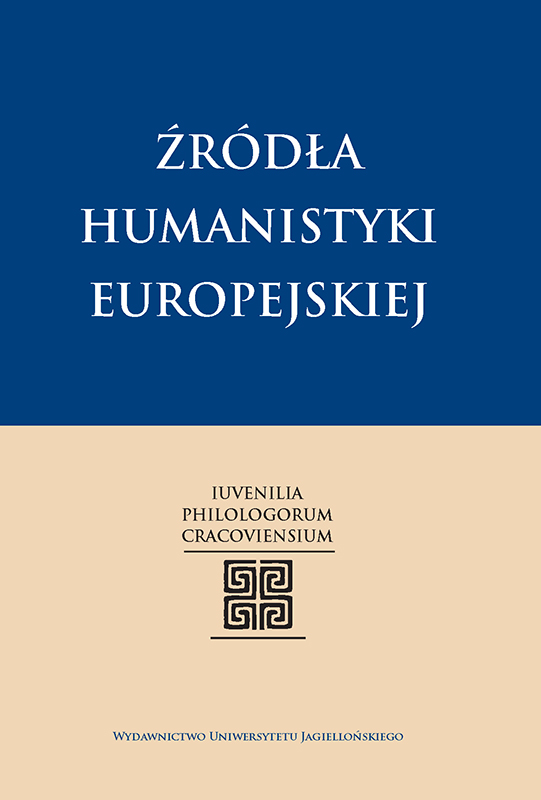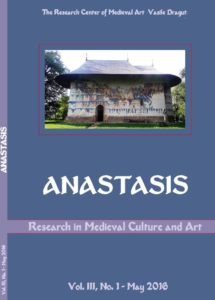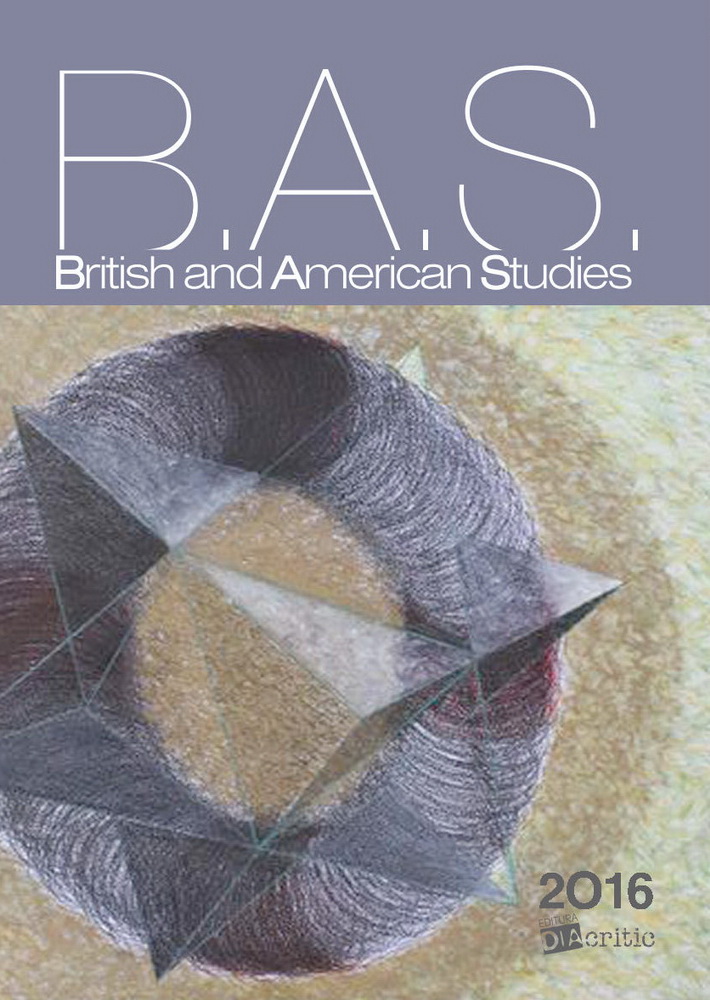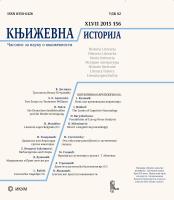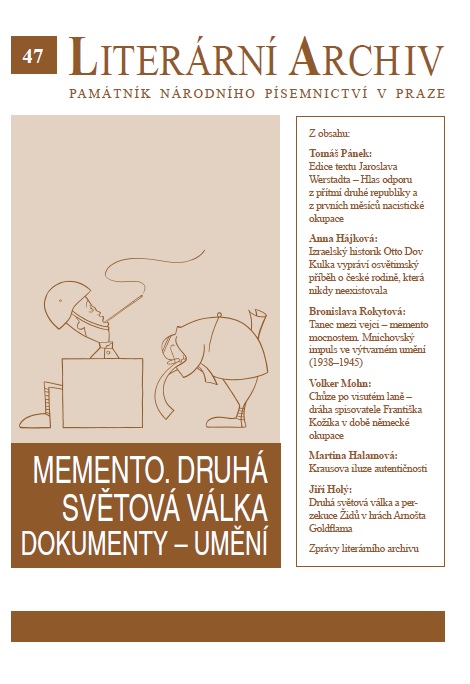
Edice textu Jaroslava Werstadta – Hlas odporu z přítmí druhé republiky a z prvních měsíců nacistické okupace
In the edited text, written in 1966, the Czech historian Jaroslav Werstadt (1888–1970) describes his experience of publishing in the Second Republic (that is, after the Munich Agreement in late September 1938) and in the early months of the Protectorate of Bohemia and Moravia (established in mid-March 1939), including his ideas and why he published them. In his published work from the period, the content of which he provides a concise summary of, Werstadt focused on Second Republic critics who attacked the ideological foundations of the Czechoslovak Republic, which they accused of having brought about the Munich catastrophe. He, by contrast, saw the causes of the catastrophe more in external factors, particularly in the Western powers unfortunate policy towards Germany and in the linking of the political demands of the Sudeten Germans with the Nazi movement in Germany. Criticism of France and Great Britain, the Sudeten-German political leadership, and, most of all, Nazi ideology constitute (with the pointing out of many historic parallels and the search for the historic roots of the present crisis) other important topics of Werstadt’s articles from that period. His campaign in the press represented a daring defence of the official ideology of the First Republic, the work of President Tomáš Garrigue Masaryk (1850–1937) and his foreign minister, Edvard Beneš (1884–1948), and is also an expression of Werstadt’s conviction that the current situation was only a brief deviation in the democratization of Europe and indeed the whole world, which had been under way since the First World War. It was also an expression of his faith in the possibility of improving human society. Considering that the edited text was written in the 1960s, it is fair to see it also as evidence of a striking continuity in Werstadt’s thinking and Weltanschauung, which were essentially unchanged since the First Republic, despite the many political and social ups and downs. An introductory essay links Werstadt’s connection with First Republic ideology together with similar positions held by men from the group of so-called ‘Castle historians’, including (apart from Werstadt), Kamil Krofta (1876–1945), Jan Slavík (1885–1978), and Josef Borovička (1885–1971).
More...
